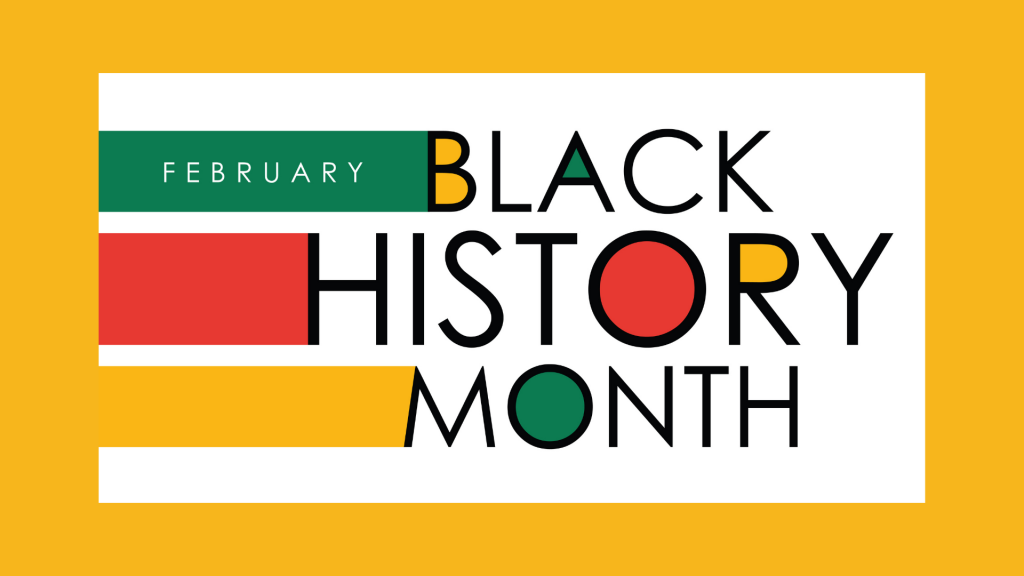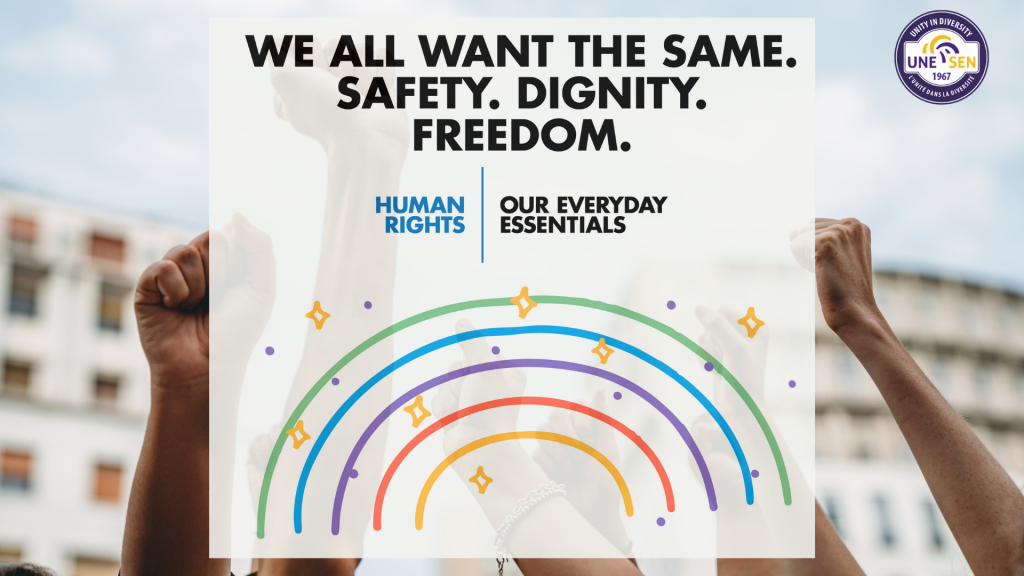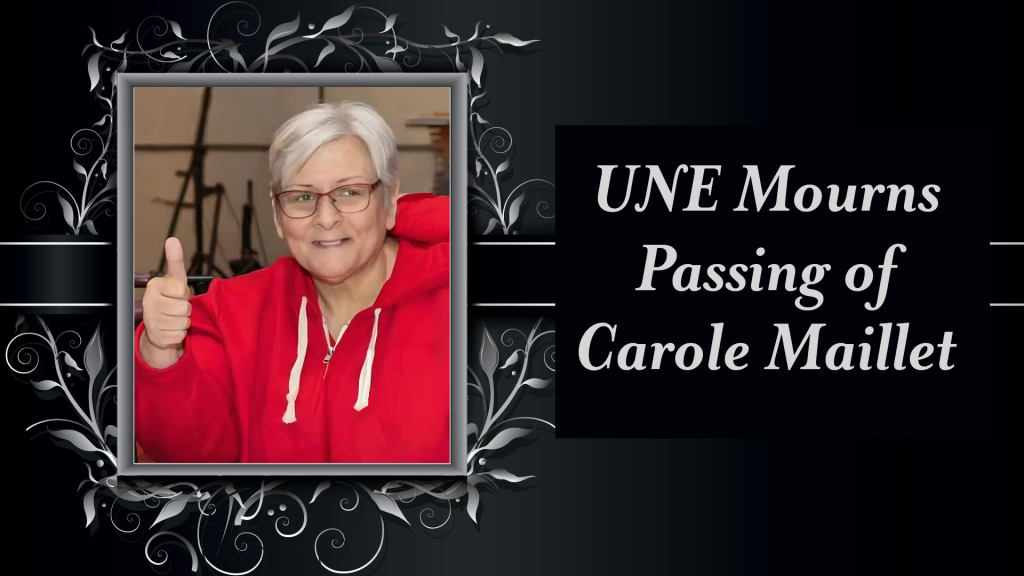
This Black History Month, PSAC honours the leadership, resilience and organizing power of Black workers who have shaped Canada’s labour movement and continue to lead the fight for justice today. This year, PSAC’s theme is “Black Voices: Bold Futures – From Legacy to Leadership.” This is a call to recognize the legacy of resistance that has shaped our unions and to center the voices that are charting a bold path forward.
Historically, many Black workers have fought for fair workplaces and spoken out against racism and discrimination, including during strikes and other human rights fights, earning an important seat at decision-making tables.
Activists and leaders like Stanley Grizzle and Bromley Armstrong pushed unions and governments to stop racist practices and helped shape what unions bargain for and what they fight for. From the days of railway porters to today, their work helped and continues to achieve a strong base for fair work and anti-racism policies at work.
The United Nations has launched a new International Decade for People of African Descent (2025–2034), focused on supporting Black communities, breaking down systemic barriers and lifting Black voices in Canada and around the world. Canada has pledged to continue this work until 2028 and is also taking part in this second decade.
Black members lead allyship and equity work
Black members are showing what allyship looks like in practice, including at PSAC’s 2025 National Women’s Conference where Black women delegates championed and supported key resolutions to expand domestic violence training, improve access to health care for Indigenous women. Members at the conference unanimously voted in favour of a resolution to formally recognize the contributions of Black women workers.
Together, with other equity groups, Black members are shaping union policy and bargaining priorities in ways that offer a model for the wider labour movement on how to live up to equity commitments through both words and concrete action.
At the same time, these past and current achievements don’t erase what Black workers are still facing in Canada’s public service. Black workers continue to deal with lower pay, less access to training, mentorship and chances to grow in their careers, and they deal with employers who ignore or fail to stop anti-Black racism at work.
We cannot ignore how this year’s federal budget cuts are hurting equity groups, including Black and other racialized workers who are already underrepresented in the federal public service.
Taking action on anti-Black racism
This is precisely why PSAC’s ongoing work to center Black voices in our union is so important. We are building on years of organizing, creating space for members to come together, organize, and speak up about the issues that affect them. PSAC’s Black caucus is member-led groups where Black members share experiences, build leadership, and organize around issues like anti-Black racism at work and within the union.
Our racial justice work also goes beyond our internal union work. We have filed a human rights complaint with the Canadian Human Rights Commission on behalf of all Black federal public service workers, and several other grievances to challenge anti-Black racism. We are pushing employers to fix unfair practices, and are demanding equal access to training, mentoring and career growth for Black workers.
We are calling on the federal government to settle the human rights complaint to make Black federal workers whole, implement the recommendations of the Taskforce on the Employment Equity Act Review including making Black workers a separate employment equity group, and work with unions and equity groups before making any policy changes that put workers and their communities at risk. The future of Canada’s public service depends on equity, inclusion, and the leadership of those who have long been on the front lines of the fight for justice.
This is how you can help:
- Learn the history of Black people in Canada, including the struggles and victories that have shaped our workplaces and unions.
- Challenge anti-Black racism and all forms of discrimination in your workplace, local and community.
- Support and amplify Black voices in meetings, bargaining, campaigns, and leadership spaces.
Source: PSAC








